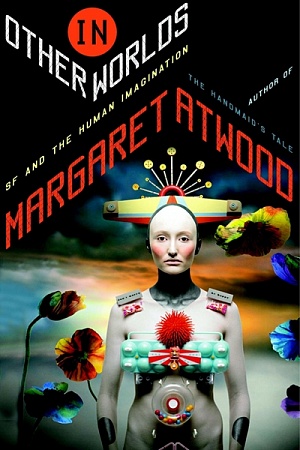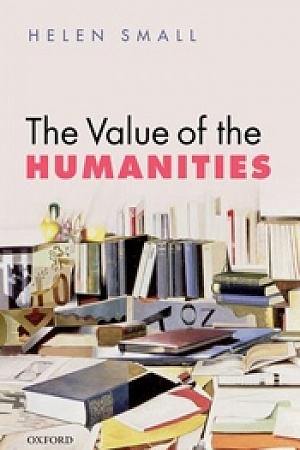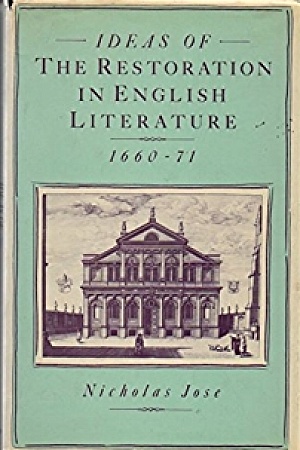Australian Literary Studies, Vol. 24, No. 2
Australian Literary Studies, $70 p.a., 94 pp
Australian Literary Studies, Vol. 24, No. 2 edited by Leigh Dale
Australian Literary Studies is a journal of the old school, independent of the international academic publishers that have absorbed so many others, and difficult to obtain for casual reading. It has maintained a solid reputation among scholars. From the evidence presented here, it is easy to see why.
The work of Penny van Toorn frames this special issue of ALS. In the opening article, van Toorn notes consistent patterns of Aboriginal book use in Australia and argues with fellow critics about how to approach this history. Her work does carry a ‘distinctive signature’ (as Gillian Whitlock argues in her foreword), and it is the mark of extensive research and respectful intelligence. Other articles introduce forgotten or neglected bodies of work. Rachael Weaver looks at widespread depictions of frontier violence in nineteenth-century popular fiction through the lens of the Gothic. Rich Pascal puts a case for reconsidering Bill Harney’s Brimming Billabongs (1947) and its portrait of Aboriginal life in the middle of the twentieth century.
By contrast, two further articles are devoted to works that are an enduring part of public literary conversation and will be familiar to many readers. Carrie Dawson argues that Thomas King’s story ‘Borders’ should be re-evaluated, the political import of the tale having been hidden in plain sight by its widespread public recognition in Canada and beyond. Jo Jones offers a discussion of David Malouf’s Remembering Babylon (1993) in the wake of recent public disputes about Australian history and historical fiction.
The overall impression the reader takes from this volume is of careful scholarship. This can make for unexciting reading, but is also reassuring in its way. Literary, cultural and political questions given cursory treatment elsewhere are offered considered attention in the forum provided by ALS.















Leave a comment
If you are an ABR subscriber, you will need to sign in to post a comment.
If you have forgotten your sign in details, or if you receive an error message when trying to submit your comment, please email your comment (and the name of the article to which it relates) to ABR Comments. We will review your comment and, subject to approval, we will post it under your name.
Please note that all comments must be approved by ABR and comply with our Terms & Conditions.